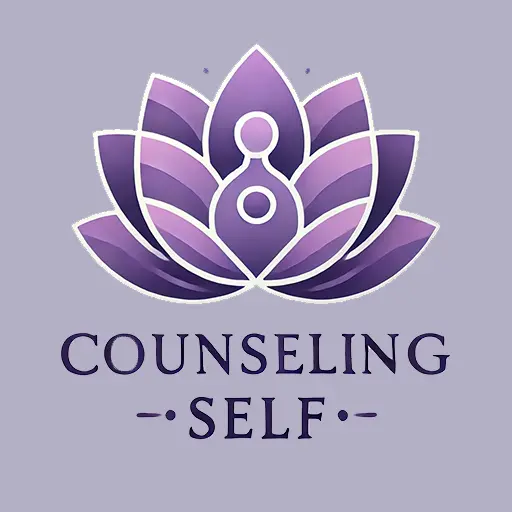Managing Anxiety
Everyone experiences anxiety once in a while. All of us have encountered stresses such as being over scheduled, starting a new job, relationship conflicts or finances being tight. These stresses can cause worry and anxiety. However, if anxiety becomes chronic and more severe, you may find it difficult to function in everyday situations at home, work or school. If you have anxiety symptoms such as sleep disturbance, irritability, problems with concentration, feelings of being on edge, muscle tension and fatigue and at least three of these symptoms has lasted over six months, you may suffer from generalized anxiety disorder. In some cases anxiety even leads to panic attacks.
Panic attacks are the sudden occurrence of intense fear or terror and a sense of imminent danger or doom. These feelings are accompanied by heightened physiological symptoms such as heart palpitations, shortness of breath, dizziness and an exaggerated startle response. A person having a panic attack may misperceive it as a heart attack. If you or someone you care about suffers from anxiety with or without panic, a medical consult and/or counseling can be very helpful.
A professional counselor can help you identify the triggers for your symptoms and help you learn techniques to reduce them. In some cases, medication can be very helpful, especially during the initial phases of therapy.
Here are some self-help guidelines to help you reduce mild to moderate anxiety symptoms at home:
- Reality check your fears. Ninety percent of the time our worries are not reality based.
- Problem solve. Ask yourself “Is there something that I can do about this right now?” If not, do something else.
- Learn relaxation techniques. Practice yoga, learn meditation or buy a tape that can lead you through steps to relaxation.
- Exercise to reduce stress and to expend nervous energy.
- Simplify your life. Cut out unnecessary errands or activities.
- Keep a journal. Identify thoughts or events that precede your anxiety or panic symptoms.
- List then let go of what you cannot control in your life. List things that you can control, then focus on these right now.
- Make sure that you are getting adequate nutrition. A bad diet can lead to an inability to regulate your mood or handle stress.
- Look for opportunities to laugh. Humor is a great stress and anxiety buster.
- If it looks like someone else is causing your anxiety, refocus on yourself. You cannot change another person. Groups like ALLANON or CODA can help with this.
Try these techniques for two weeks. If you are not getting results, then consider consulting with a professional.
